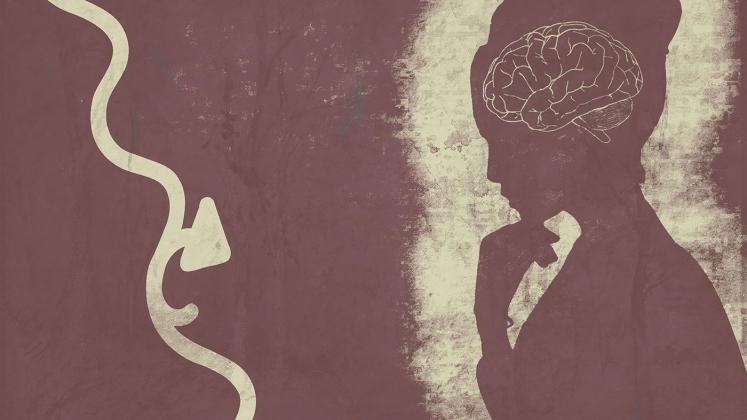
Teaching
Ethics Teaching focusses on knowledge, skills, and attitudes in the context of clinical action. The ethics program enables students to reflect on their own moral convictions, identify ethical issues and conflicts, and make ethically sound decisions in real-life clinical situations.
In the ethics program, we follow an approach that primarily enables competencies, based on the triad knowledge, skills, and attitudes. Ethics teaching does not only focus on knowledge, but emphasizes the importance of decision-making skills as well as self-reflection and self-evaluation. Students are enabled to identify and evaluate ethical challenges and conflicts in clinical practice, make well-founded decisions, and critically reflect on their own attitudes and moral convictions.
This focus on skills is supported by innovative teaching methods, such as flipped classroom, where students explore theoretical basics in a structured way in their own time at home. Class time is then used for practical application of that knowledge as well as critical discussions. Especially methods of problem-oriented learning (POL) are used in this context, such as structured case discussions, whereby students work on ethics cases in small groups under the supervision of the teacher. This kind of teaching mirrors real-life clinical practice and allows for a skilled-based approach. Innovative instruments of performance assessment like learning portfolios complete the ethics program.
Courses in the Medical Science Bachelor programme:
- Ethical aspects of the modern physician-patient relationship
- Ethical aspects of medical indication and patient information
- Medical professionalism and values
- Ethics in the Life Cycle
- Ethics of Transplantation
- Social attitudes to health
- Public Health Ethics
Language: English
Courses in the Human Medicine master programme:
- Autonomie von Patient:innen
- Digitalisierung der Medizin
- Medizinische Versorgung älterer Menschen
- Soziale Determinanten von Gesundheit und Gesundheitsversorgung
- Arztberuf und Verantwortung
Language: German
Certificate course in Applied Ethics and Ethics Counselling for Health Professionals
- The course
Beyond professional medicine and nursing, there is an increasing need for interprofessional communication, cooperation and jointly designed decision-making processes. The course aims to provide competence-oriented further training in all health professions to establish ethics work and ethics counselling.
The course provides basics, tools and skills for clinical ethics counselling as well as for the establishment and implementation of ethics councils/ethics committees and the development of an ethics counselling service at the level of individual facilities. This will enable teams in health care facilities to remain capable of making decisions and acting in ethical conflicts. - The advantages
The aim of the study programme is to enable graduates to recognise ethical contexts in their professional activities on the basis of personally reflected values in relation to organisation and interprofessional practice and to bring these to bear through their professional actions in the different settings - inpatient and mobile, intramural and extramural. At the same time, this reduces the extent of moral burdens or prevents them through the long-term development of preventive structures.
Language: German

